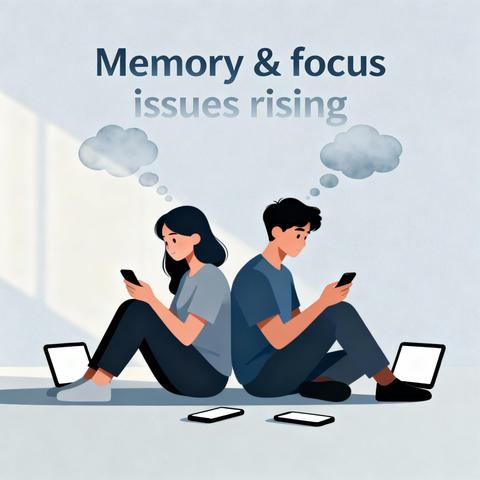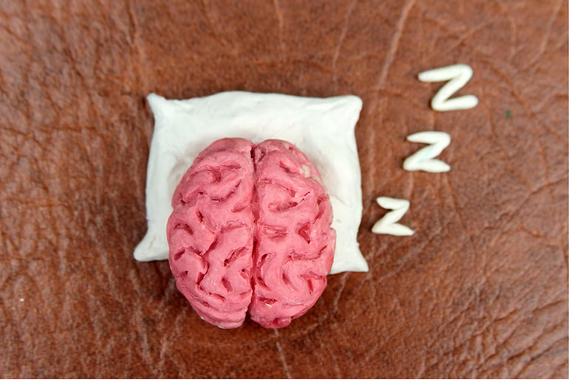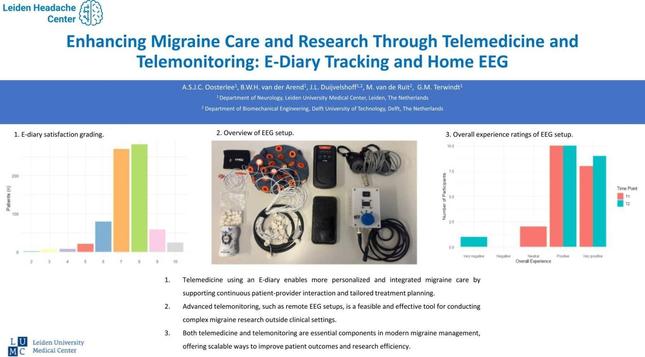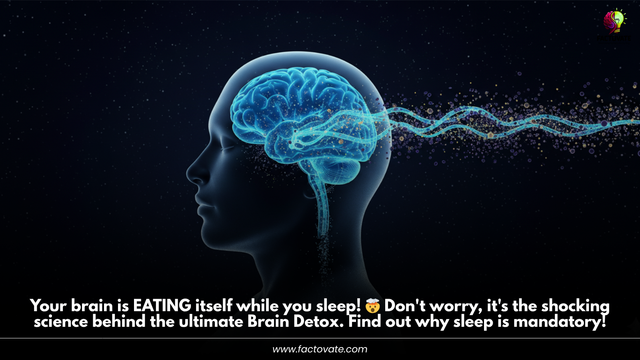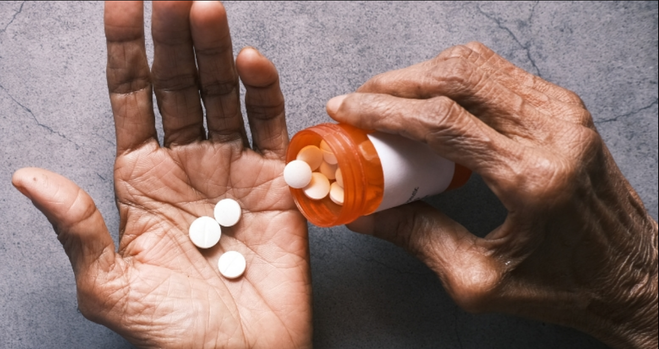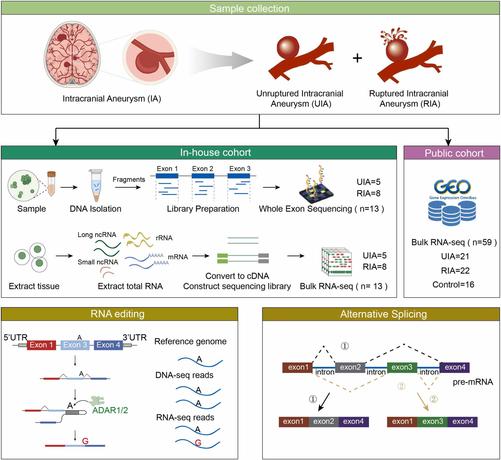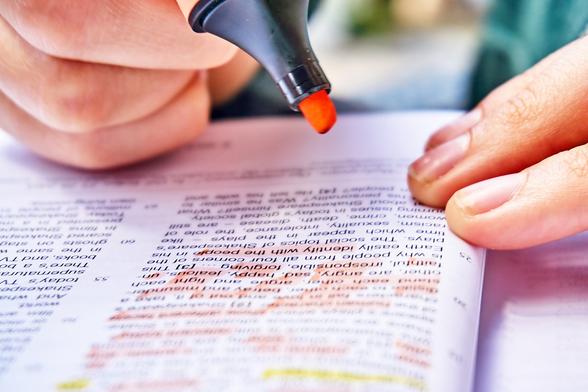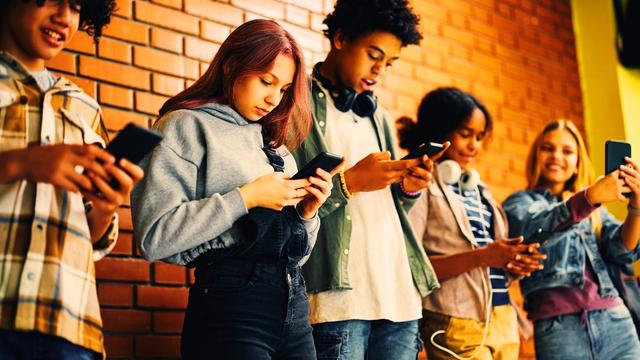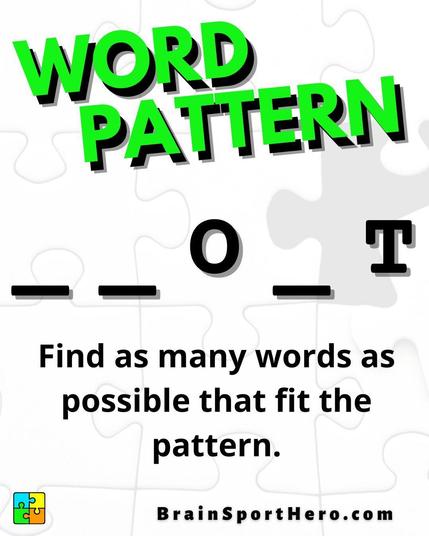#Health #Brain #SleepHealth #BrainHealth #Sleep #CognitiveDecline #HealthyHabits #Neuroscience #SleepScience #BrainAging #MentalHealth #Wellness #HealthResearch
https://the-14.com/poor-sleep-may-make-your-brain-age-faster-new-study/
🧠 Could at-home brain monitoring be the future of migraine management?
🔗 Enhancing migraine care and research through Telemedicine and telemonitoring: E-diary tracking and home EEG. Computational and Structural Biotechnology Journal, DOI: https://doi.org/10.1016/j.csbj.2025.09.007
📚 CSBJ Smart Hospital: https://www.csbj.org/smarthospital
#DigitalHealth #Telemedicine #Migraine #HeadacheCare #BrainHealth #Neurology #NeuroTech #MigraineResearch #PatientCare #HealthTech #MedTech #eHealth #Healthcare #AI #ClinicalResearch
Did you know? 🌟 The brain’s Glymphatic System is a potent waste removal mechanism triggered by deep sleep! Glial cells facilitate clearance of toxins like Amyloid-Beta; brain shrinks 60% enhances process. At #FACTOVATE, we uncover such neuroscience. #FACTOVATE #GlymphaticSystem #BrainHealth #SleepScience
.
#Alzheimer #alzheimersawareness #memorycare #dementiasupport #caregiversupport #brainhealth #HealthyAging #alzheimersresearch #supportfamilies #CognitiveHealth #alzheimersprevention #EndAlzheimers #memoryloss #dementia #dementiaawareness #Dementiacare
🧠 Could reprogramming RNA offer a new path to brain aneurysm therapies?
🔗 In-depth analysis of the RNA editing landscape in intracranial aneurysms and its potential role in alternative splicing. Computational and Structural Biotechnology Journal, DOI: https://doi.org/10.1016/j.csbj.2025.09.021
📚 CSBJ: https://www.csbj.org/
#RNAediting #IntracranialAneurysm #Neuroscience #Genomics #PrecisionMedicine #MedicalResearch #BrainHealth #StrokeResearch
Echoes of #Plato: #NeoLuddism — reclaiming the human in the digital age
Making room for humanity in the march of technology
“The machines were their enemies, for the machines were the means by which greedy masters enforced their will.” — – E.P. Thompson, The Making of the English Working Class (1963)
by Kem-Laurin Lubin, Jan 4, 2025
"Modern neo-Luddism draws inspiration from this historical movement, but rather than opposing all forms of #technology, it critiques the #uncritical adoption of digital tools and automation. Neo-Luddites are not anti-technology per se; instead, they advocate for a more #mindful and selective use of technology, prioritizing human #WellBeing, #EnvironmentalSustainability, and meaningful #SocialInteractions.
"In today’s context, neo-Luddism is less about destroying machines and more about reclaiming control over how technology shapes daily life. It questions the pervasive influence of #smartphones, #SocialMedia, and constant #connectivity, encouraging moments of #disconnection to foster deeper, more authentic human experiences.
"This philosophy underpins the growing trend of 'no-tech meetups,' where individuals come together to temporarily step away from digital distractions and reconnect in more organic, face-to-face ways [Like listening to vinyl records with a friend!]. Neo-Luddites advocate for a conscious retreat from digital dependence, emphasizing the importance of face-to-face communication and preserving human connection without the interference of screens. These gatherings, often called '#LudditeClubs' or 'analog meetups,' create spaces where participants can engage in conversations, activities, and communal experiences free from the distractions of smartphones, social media, and other digital tools.
"The motivations behind this movement are diverse. Some individuals express concerns over privacy and the pervasive #surveillance associated with digital platforms. Some lament the growing loss of #jobs and community. Others seek to combat the social isolation and mental health challenges exacerbated by excessive screen time. #Environmental considerations also play a role, with participants mindful of the ecological impact of #ElectronicWaste and the resource demands of constant technological upgrades."
Archived version:
https://archive.ph/6tQNO
#Philosophy #RightToRepair #EWaste #PlannedObsolescence #LudditeClub #NeoLuddite #UseYourBrain #DigitalAge #ReadABook #SmartphoneAddiction #TechAddiction #MentalHealth #BrainHealth #DatacentersUseTooMuchElectricity
Writing in Your Books Is Good for Your Brain—Here’s Why
Annotating the margins of books is an important part of deep reading and has a long legacy of merit in both science and literature
By Brianne Kane edited by Jeanna Bryner, September 19, 2024
Excerpt: "Readers on TikTok and Instagram are making the aesthetics of reading more visible than ever with creative, and often intricate, annotations. Called marginalia, these markups can be elaborate, with notes that nearly fill full pages and that are color-coordinated with the book’s cover. The emergence of such bookish note-taking has sparked a debate between enthusiasts and skeptics: Is the practice of marginalia a bad habit or a beneficial endeavor?
"#Marginalia have a long history: #LeonardoDaVinci famously scribbled thoughts about gravity years before Galileo Galilei published his magnum opus on the subject; the discovery was waiting under our noses in the margins of Leonardo’s Codex Arundel. Famous writers such as #HermanMelville and #EdgarAllanPoe are somewhat known for their marginalia, making their biographers both overjoyed and overwhelmed. Just last year #AnnPatchett, a staple on any modern fiction shelves, told Literary Hub about the joys of reading her own books and annotating patterns she never before noticed. She created a unique edition of Tom Lake for dedicated deep readers, in which she included her own annotations on her own writing style. The Patchett-ception worked: the special edition raised money at an auction for indie bookstores during 2020, and the endeavor inspired the writer to annotate a copy of her beloved classic Bel Canto as well.
"Alongside this evolution of margin additions, neuroscientists have been researching the cognitive effects of writing, pencil to paper. For instance, a study of electrical activity in the brain published in Frontiers in Psychology found that handwriting itself helps a person remember and understand more about they’ve read and written. Maryanne Wolf, director of the Center for Dyslexia, Diverse Learners and Social Justice at the University of California, Los Angeles, discussed the importance of annotating with NPR in 2022. In classic former-English-major fashion, she paraphrased Marcel Proust in explaining that deep reading allows us to 'go beyond the wisdom of the author to discover our own.' In that vein, marginalia can help the annotator understand the material deeply enough to further develop their own interpretation of the text, she said. In the Journal of Language Learning and Teaching, foreign language professor Demet Yayli of Pamukkale University in Turkey, explained that in writing workshops, especially for genre-fiction writing, deep reading—which includes annotations—is critical in helping students articulate their interpretations and maintain their own 'learner autonomy.' "
Read more:
https://www.scientificamerican.com/article/go-ahead-write-in-the-margins-its-good-for-your-brain/
Archived version:
https://archive.ph/Bts8M
#LearnerAutonomy #ReadABook #UseYourBrain #AISucks #BrainHealth #UseAIWithCaution #AIIsDumbingUsDown #Bookstodon #Books
One of #NJ’s largest school districts bans #cellphones in class
By Rob Jennings, Sept 19, 2025
"Students in New Jersey’s second-largest city will be required to put their cellphones away while in class starting Oct. 1.
"The Jersey City school board voted unanimously Thursday night to approve a new policy prohibiting cellphones and other personal communications devices in classrooms. There will be limited exceptions for students with disabilities and health issues."
Archived version:
https://archive.ph/lpEmt
#UseYourBrain #SmartphoneAddiction #TechAddiction #MentalHealth #BrainHealth
Wordpattern:
Find as many words as possible that fit the pattern.
How many words can you find?
Pattern:
_ _ O _ T
More #brainpuzzles:
https://brainsporthero.com/2023/01/find-words-for-word-pattern-2/
#braintraining #brainteaser #braingames #puzzles #brainhealth #brainteasers #wordplay #wordgame
#riddles #wordpuzzles
#quizoftheday #mentalhealth #fun #brainpuzzle #brainfun
